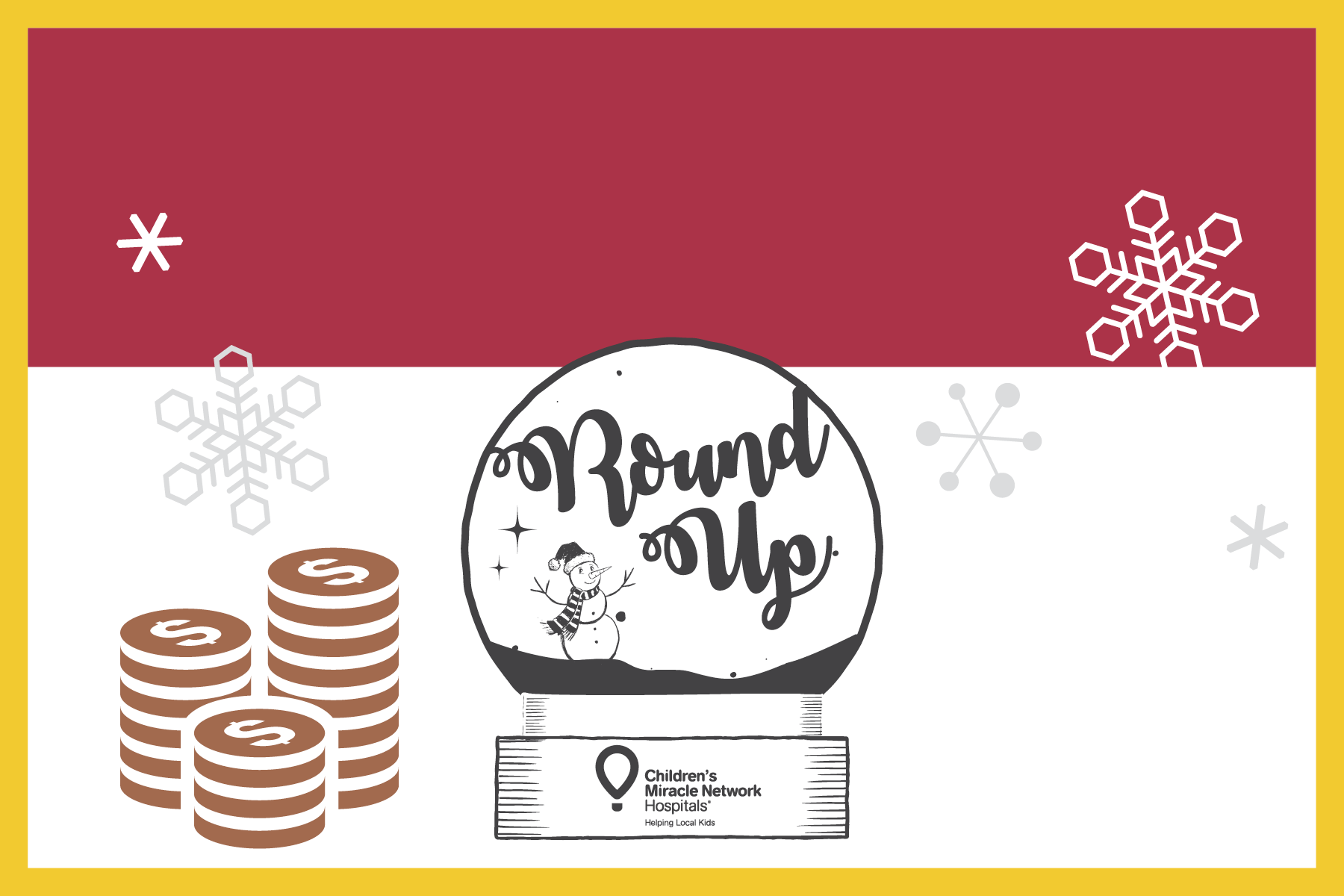Breastfeeding benefits mom and baby

Whether you’re about to have your first baby or your fourth, you’re faced with the decision of whether to breastfeed your baby.
You’ve likely heard how breastfeeding can be difficult at the start. This can be true with anything new that you are learning, but with support from your family, friends, lactation consultants and other health care providers, breastfeeding can be a rewarding experience that comes with some added benefits — it makes both moms and babies healthier.
“Breast milk provides just the right nutrients to help an infant grow strong in its first months of life,” said Jessica Sember, BSN, International Board Certified Lactation consultant at Geisinger Medical Center. “The old saying that ‘breast is best’ is absolutely true for mothers, too.”
Here are some benefits for baby and mom.
1. Reduce the SIDS risk
Sudden Infant Death Syndrome (SIDS) is the leading cause of death in infants 1-12 months of age, most cases occurring while baby is sleeping. While experts are still not able to identify the true cause of SIDS in many cases, they have identified risk factors for SIDS and have given tips for reducing the incidence of SIDS.
“There is evidence that breastfeeding may reduce the incidence of SIDS,” said Sember.
It is thought that breastfeeding helps protect infants from certain infections that may put them at higher risk of SIDS.
Research shows that if 90 percent of new mothers breastfed exclusively for the first six months, about 1,000 infant deaths could be prevented.
2. Boost the baby’s immune system
Breast milk contains antibodies that help protect your baby from certain types of bacteria and viruses they may be vulnerable to. A baby who consumes nothing but breast milk for the first six months is less likely to suffer from bouts of diarrhea, ear infections or respiratory illnesses.
3. Breastfeeding benefits mom’s health
For mothers, breastfeeding can reduce the risk of certain types of reproductive cancers, including ovarian, breast and uterine. The longer a mother breastfeeds, the greater the protection.
“Breastfeeding also provides protection against postpartum hemorrhage, osteoporosis and rheumatoid arthritis,” said Sember.
4. Develop fewer allergies
In addition to boosting baby’s immune system, breast milk can decrease the incidence of babies developing food allergies. Exclusive breastfeeding for three to four months has been proven to decrease the incidence of asthma, atopic dermatitis and eczema.
5. Shed that baby weight
Breastfeeding burns calories, which may help you return to your pre-pregnancy weight faster. Mothers should be encouraged to eat when they feel hungry and drink when they are thirsty to help their body produce enough milk for their babies. Breastfeeding is not a time to start dieting, as it may have negative effects on milk supply.
“Mothers should eat a variety of foods while breastfeeding, limiting calories from added sugars and saturated fats,” said Sember.
6. Create a closer emotional bond
Breastfeeding not only nurtures your baby, but it also creates a strong emotional bond between mother and child. Oxytocin, a hormone that leads to positive emotions such as trust, is released throughout the mother’s body while she breastfeeds.
7. Save time and money
In a more practical sense, breastfeeding also saves time and money. Mothers who breastfeed exclusively don’t have to buy formula or spend time prepping as many bottles. What’s more, breastfed babies typically need less medical care and prescriptions, which saves everyone money.






